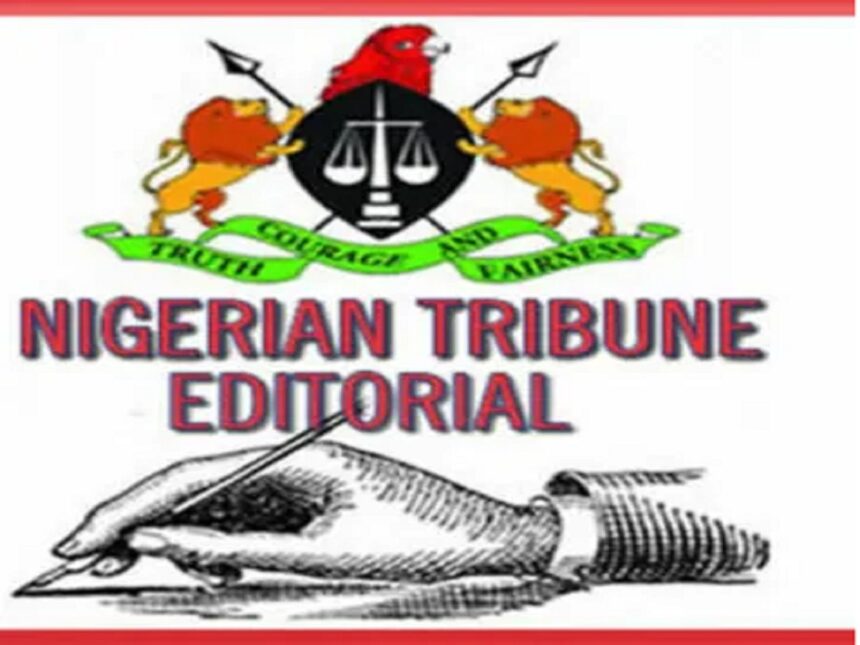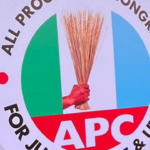IN a desperate move, a group, the Hausa Native Advancement and Development Initiative (HNADI), recently urged the International Criminal Court (ICC) to investigate the pervasive violence unleashed on Hausa communitites in the North by Fulani terrorists, hold perpetrators and their enablers accountable, and provide reparations for displaced communities. According to the petition, Fulani bandits had consistently waged a systematic campaign of violence against Hausa communities, intent on ethnic cleansing with elements of potential genocide. The petition submitted on behalf of the Hausa people gave extremely graphic details of mass killings, abductions, and destruction of villages allegedly perpetrated by the terrorists, saying that powerful elements within the Nigerian State and certain Fulani elite were colluding to perpetrate the mayhem. The petition contains survivor testimonies and photographic evidence, detailing what it calls a relentless wave of attacks across Hausa heartlands in states like Kano, Katsina, Zamfara, and Kaduna.
Said the petitioners: “Over the past decade—and with intensifying frequency in recent years—numerous Hausa towns and villages have been the targets of coordinated attacks by armed Fulani militias. These operations are not isolated incidents of rural insecurity. They constitute a discernible pattern of deliberate ethnic targeting: indiscriminate killings, mass rapes, abductions, the razing of entire communities, and the enforced displacement of civilian populations. The destruction is often accompanied by statements and practices evincing clear intent to eliminate the Hausa presence in the region. In accordance with General Recommendation XXII of the UN Committee on the Elimination of Racial Discrimination, the forcible displacement of ethnic populations and the appropriation of their land and property must be recognized as a gross violation of the right to security and self-determination. The complicity of state actors is evident not only through omission but through active obstruction of justice.
“The Nigerian state has failed in its positive obligation under Article 2(1) of the International Covenant on Civil and Political Rights to protect the right to life and security of its citizens without distinction. Security forces have been repeatedly withdrawn, and military responses have been suspiciously absent in many areas affected by violence. Numerous reports suggest that elements within the security establishment have direct or indirect affiliations with the perpetrators. Furthermore, public figures, including certain religious and political leaders from Fulani backgrounds, have not only failed to condemn these atrocities but have, in some cases, rationalized or justified them in public discourse. This amounts to incitement to violence under Article III(c) of the Genocide Convention, a crime in and of itself under international law.”
To say the very least, this petition is an indictment on the Nigerian government and its entire coercive apparatus. In decades of nationhood, at no time have the Hausa, one of Nigeria’s major ethnic groups, taken the kind of desperate measure inherent in the present case. Sadly, the petition recalls a similar one by the elders of Plateau State, a state in Nigeria’s North-Central, to the United Nations (UN). In that petition, the Plateau elders had given the kind of graphic details contained in the present petition by HNADI, calling on the global body for protection. We refuse any insinuation that all is well and that these ethnic nationalities are just crying wolf. Available evidence shows that for years, Fulani herders, a group that has consistently given Nigeria prominent mention on the Global Terrorism Index, have carried out genocidal attacks across the length and breadth of Nigeria, with little or no response by the Nigerian State. In a recent, chilling example, a visibly troubled President Bola Tinubu had to ask security chiefs why there had been no arrest after a genocidal attack that left more than 200 innocent souls dead in Benue State. Such is the failure of the security agencies in arresting the excesses of the terrorists, many of whom are not even Nigerians, that their arrest seems to be extremely few and far between.
While the exact number of Nigerians killed by Fulani terrorists is difficult to determine, it is safe to assume that the death toll is a huge one. For instance, over 2,539 people were reported killed in 654 attacks carried out by Fulani militias between 2017 and 2020, according to a study by Dr. José Luis Bazán, an international human rights lawyer. A report by the Observatory of Religious Freedom in Africa (ORFA) documented over 55,910 people killed in the context of terror groups in Nigeria within a four-year period, with the Fulani Ethnic Militia (FEM) responsible for around 42 percent of these killings. Going by statistics released by ORFA, the North-West and North-Central regions were the epicenters of violent attacks, with 11,626 and 8,789 civilians killed, respectively. The herders were responsible for killing 16,769 Christians and 6,235 Muslims in a four-year period, with Boko Haram and ISWAP combined accounting for 1,268 Christian deaths and 770 Muslim deaths. In 2022, armed Fulani herdsmen killed 142 people in Plateau State alone, displacing around 3,000 people. Between 2009 and March 2022, over 45,000 Christians were killed by Islamic jihadist groups, including Fulani militants, Boko Haram, and ISWAP.
It is not hard to see why this petition is chilling in purport. Ordinarily, the petitioners should have addressed their complaints to the Nigerian government. But by externalising their grievances, they showed their frustration at the failure of the Nigerian State to address their grievances. The contents of the petition are frightening. The government should, therefore, wake up from slumber. It should address the issues raised in the petition. For instance, how many of the cases complained about were investigated by the security agencies? Were reports issued and were the recommendations implemented? The complaints should not be seen as ethnic profiling but as a verbalisation of palpable pain. Media reports clearly vindicate the complaints.
We are unable to fault the declaration that the ongoing ethnic cleansing of the Hausa people is a stain on the conscience of humanity. It would be quite remiss of the Nigerian State to keep doing little or nothing about the “systematic attempt to erase an entire ethnic group.”
READ ALSO: ICC Closure: Refrain from attacking Wike, Arewa group warns critics
WATCH TOP VIDEOS FROM NIGERIAN TRIBUNE TV
- Relationship Hangout: Public vs Private Proposals – Which Truly Wins in Love?
- “No” Is a Complete Sentence: Why You Should Stop Feeling Guilty
- Relationship Hangout: Friendship Talk 2025 – How to Be a Good Friend & Big Questions on Friendship
- Police Overpower Armed Robbers in Ibadan After Fierce Struggle






